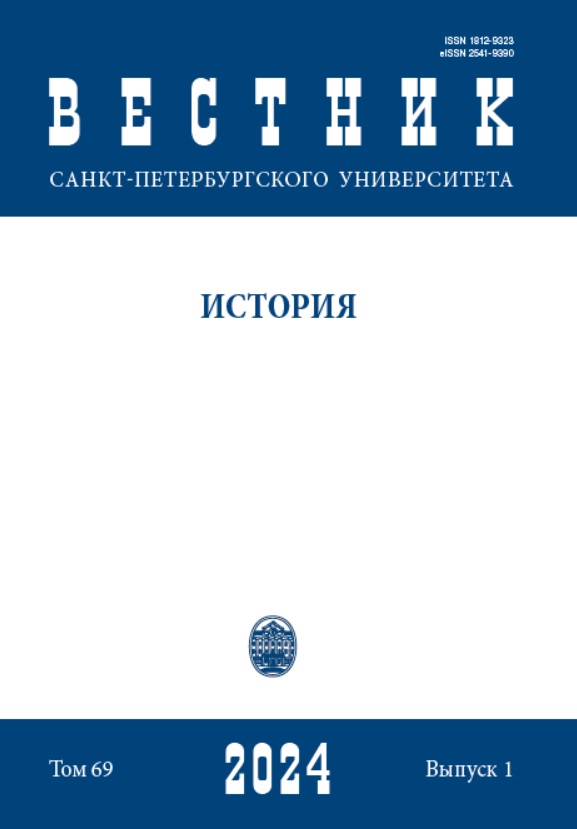Historical Contextualisation of the Word Loyalty in the Discourse of the European Parliament*
DOI:
https://doi.org/10.21638/spbu02.2024.113Abstract
This article is an analysis of the meaning of the word loyalty in the discourse of the European Parliament. The European Parliamentary Assembly of the European Economic Community and Euratom replaced the Common Assembly of the European Coal and Steel Community. The European Parliament met for the first time in 1958, and initially had a primarily consultative function. However, in the following years, its power increased, and the Maastricht, Amsterdam and Lisbon Treaties transformed it into a legislative body. Together with the Commission, the Council, and the Court of Justice, it forms the complex multi-, inter- and supranational institutional framework of the European Union. Parliamentary discourse can be defined as an argumentative communication genre characterised by official аnd unofficial preconditions. This article examines how loyalty is defined and described in the international parliamentary deliberative discourse with respect to various demands, values, and interests. The research was based on 50 instances of the word loyalty taken from the European Parliament Proceedings Parallel Corpus 1996‒2011, accessed through the web-based system for corpus analysis CQPweb — Lancaster University. The article identifies six meanings of the word loyalty in accordance with the co-text provided by the evidence of quotations and examines the historical context of the development of the European Parliament. The aim of the analysis is to show that a better understanding of the meaning of loyalty in the discourse of the European Parliament depends on the historical contextualisation.
Keywords:
historical context, loyalty, meaning, the European Parliament discourse
Downloads
References
Downloads
Published
How to Cite
Issue
Section
License
Articles of "Vestnik of Saint Petersburg University. History" are open access distributed under the terms of the License Agreement with Saint Petersburg State University, which permits to the authors unrestricted distribution and self-archiving free of charge.





